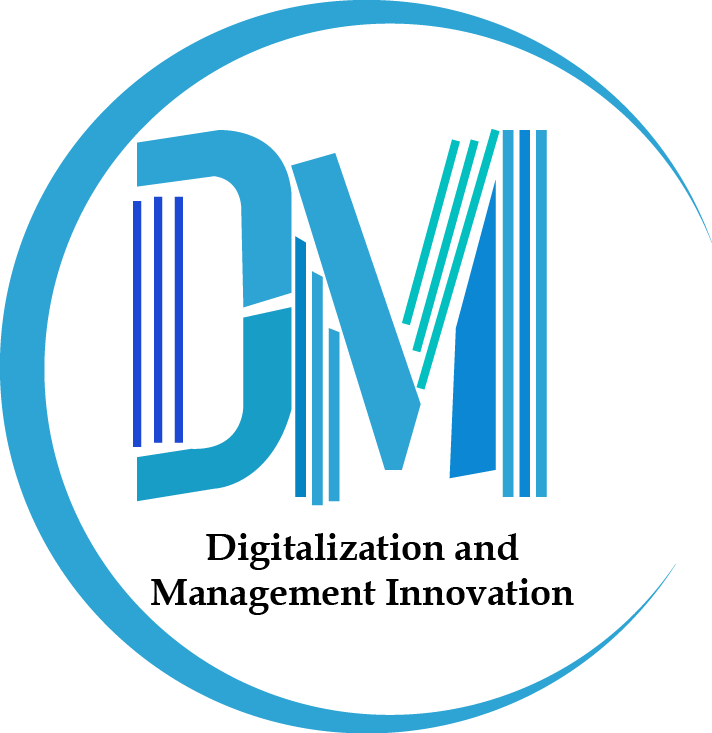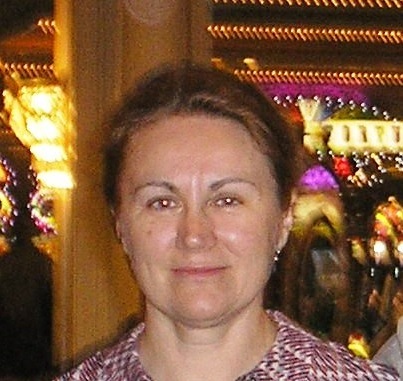Invited Speakers
Dr.Mehmet Gençer, Professor
Director of The Center for Innovative Entrepreneurship; Department of Business Administration, Izmir University of Economics, TurkeySpeech Title: A Digital Transformation Index for Firms
Abstract: While the interest in digital transformation grows its definition and measurement remains a work in progress. Existing digital transformation measurements either lack a robust measurement approach or take a ‘reflective’ measurement approach: as if digital transformation is a hidden entity within firms waiting to be measured. From a measurement perspective a more viable approach is to take digital transformation as a ‘formative’ construct: something that can be defined from its underpinnings but has no existence itself. Upon that premise this invited talk presents the results of a formative digital transformation index developed for firms. Its comparison against existing measurement scales commonly used in the field reveals that while some dimensions of digital transformation remain the same there are several emergent dimensions. These emergent definitions appear to be part of the contemporary digital transformation definition and have consequences for management of digital transformation in firms.
Dr. Eric TSUI, Professor
Associate Director of the Behaviour and Knowledge Engineering (BAKE) Research Centre and a Senior Educational Development Officer in the Educational Development Centre, The Hong Kong Polytechnic University, ChinaSpeech Title: Knowledge management and learning in the age of digitalization
Abstract: This talk will outline the driving forces and trends that led to an increasingly connected digitalised networks. These networks contain not only data, information and computing resources but also trusted connections between people. Knowledge truly resides in these networks and this has profound implications on how to prosper knowledge management, learning and innovation in the 21st century. Applications and case studies will be presented alongside with the challenges to be overcome for knowledge organisations and workers.
Dr. Dimiter Velev, Professor
Department of Informatics, University of National and World Economy (UNWE), Sofia, BulgariaSpeech Title: Challenges of Mataverse in Education Digitalization
Abstract: Education digitalization is the integration of modern information technology into education for enhancing teaching and learning experiences. It involves the use of digital tools, resources and platforms to support communication, teaching, learning and assessment. One of the latest technology for education digitalization, which gains a fast growing popularity, is the Metaverse - virtual world where users can interact with each other in a shared space. The aim of the invited talks is to explain the basics of the Metaverse and to point out its benefits and challenges in the education digitalization from a technical, economic and pedagogical points of view in order to highlight its full potential for transforming the way of modern teaching and learning.
Dr. Nataliya Kalashnykova, Professor
University of Nuevo León (UANL), MexicoSpeech Title: Consistent Conjectural Variations Equilibrium for a Financial Model
Abstract: In this talk, we consider a general model of financial flows and prices with multiple sectors and instruments. Each sector optimizes the composition of assets and liabilities in its portfolio, whose utility is given by a quadratic function constrained to satisfy the accounting identity that appears in flow-of-funds accounts and the equilibrium conditions that guarantee market clearance. To define the financial equilibrium, we make use of the concept of conjectural variations, in which each sector conjectures the possible dependence of the instruments’ prices upon its portfolio structure. The problem is modeled as a continuous two-stage game. In the first stage, the set of strategies for each sector consists of its possible conjectures about its influence on the prices. The second stage is the financial model’s equilibrium problem where, according to the conjectures selected in the first stage, each sector decides its portfolio composition.
Dr. Rocky J. Dwyer, Professor
College of Management and Human Potential, Walden University, USASpeech Title: Generational Identity in the Workplace: Bridging the Gap for Effective Collaboration and Engagement
Abstract: As the workforce continues to evolve, one of the most prominent and impactful aspects is the presence of multiple generations working side by side. With distinct experiences, values, and communication styles, generational identity has become a significant factor in shaping workplace dynamics and organizational culture. Understanding and effectively managing generational differences is crucial for fostering collaboration, enhancing productivity, and promoting overall employee engagement.
This presentation aims to explore the concept of generational identity in the workplace, shedding light on the characteristics, motivations, and challenges faced by different generations, including Veterans, Baby Boomers, Generation X, Millennials, and Generation Z. By recognizing the unique perspectives and strengths each generation brings, organizations can leverage diversity to drive innovation and success today, tomorrow, and beyond.





